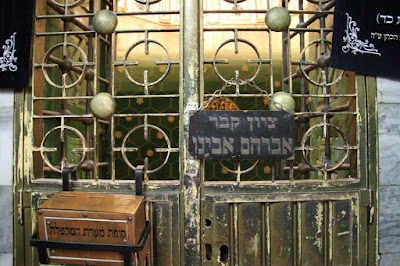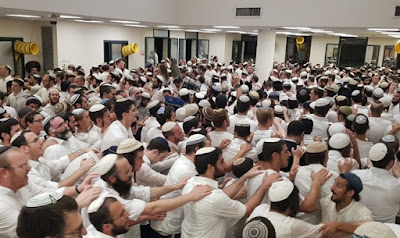[Revised Corona-version taken from the book of short stories, “Days of Mashiach” by Tzvi Fishman.]
by Rav Tzvi Fishman, bringthemhome.org.il
Even before the jumbo jet came to a stop on the runway, Dr. Elliot Miller unfastened his seat belt and jumped up from his seat.
“Where are you going?” his wife, Sandra, asked.
“I want to be the first one off the plane,” he replied, pulling his carry-on down from the overhead rack.
“Please remain seated until the aircraft comes to a complete stop,” the voice over the loudspeaker commanded.
Though the doctor normally respected regulations and rules, his excitement overcame him completely. He pushed forward down the aisle like a sprinter determined to win the race. To please his wife, they had remained in America as long as they could, miraculously surviving the Corona plague and pogroms against the Jews. But now the ingathering of the exiles was ending, and they were among the last Jews to come home.
“The Land of Israel!” he thought to himself. “Thank God, I finally made it!”
Using his elbows and shoulders, he fought his way to the front of the cabin.
“I’m a doctor,” he said, when other passengers protested.
In truth, there were over one-hundred doctors on the planeload of affluent Jews, but the other new immigrants bought the excuse, figuring there must be some kind of emergency.











